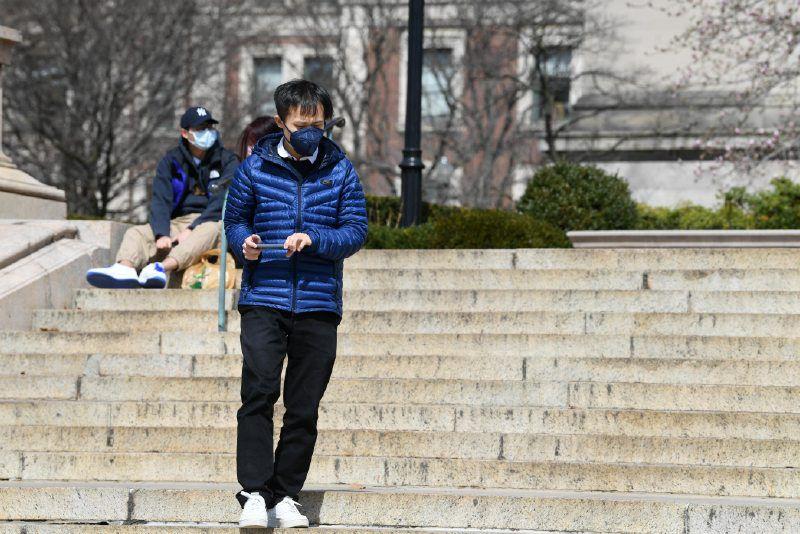How has the pandemic affected different communities in New York City? How are perceptions of the crisis changing over time? What will the city look like after the virus recedes?
These are a few of the questions that Columbia’s Interdisciplinary Center for Innovative Theory and Empirics (INCITE) and the Columbia Center for Oral History Research (CCOHR) are exploring in a new joint venture, the NYC COVID-19 Oral History, Narrative, and Memory Archive, an ambitious effort to document New Yorkers’ experiences of the pandemic.
Through a grant from the National Science Foundation, the CCOHR team — led by Peter Bearman, Mary Marshall Clark, Ryan Hagen ’19GSAS, Denise Milstein ’07GSAS, and Amy Starecheski ’95CC, ’05TC — is surveying more than one thousand New Yorkers about their reactions to the crisis and asking hundreds of them to keep diaries about their experiences. In addition, a team of thirty sociologists and oral historians will be conducting six hundred in-depth interviews over the next year and a half.
The organizers say the project will not only historically document the coronavirus pandemic but offer lessons about how the city ought to prepare for future crises.
“We have a responsibility not just to record people’s experiences during this time but to learn from them,” says Clark, the director of CCOHR. “These narratives will reveal failures and fault lines we have to address, as well as strengths on which we can build, in ensuring that we are more prepared and more resilient in the face of whatever may come next.”
The University Archives has also created a website where students, faculty, staff, and alumni can share stories about how the pandemic has affected their lives.



